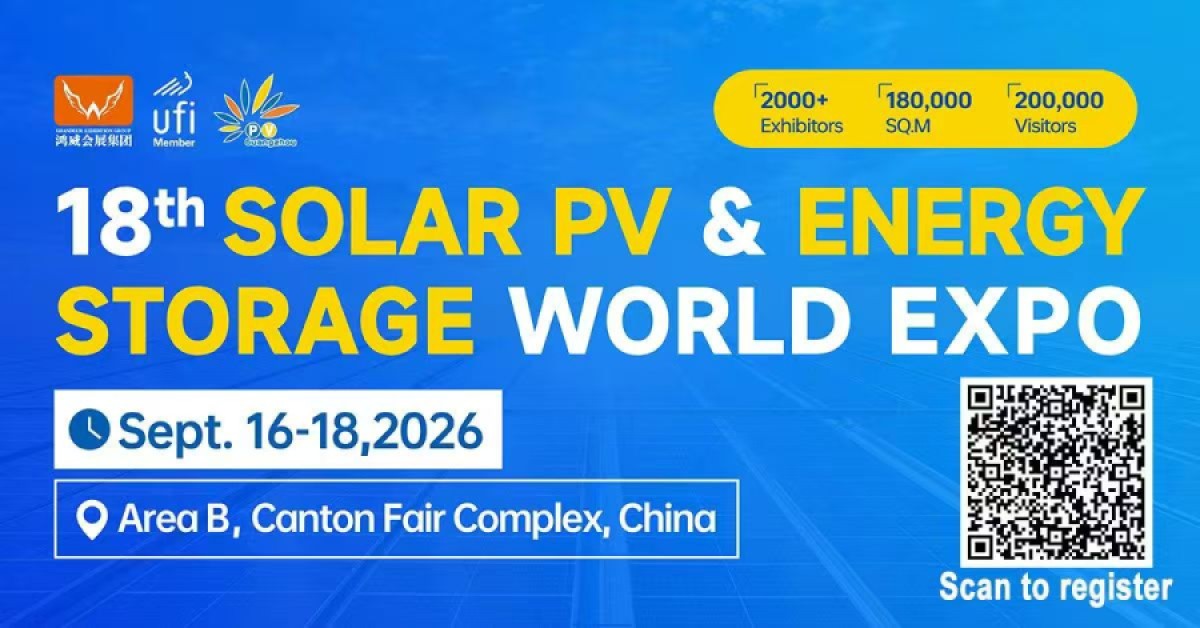The theme for 2019 is "Leaving no one behind" and encourages people to consider marginalized groups as these are often overlooked and discriminated against when they try to access safe water. Previous themes for the years 2014 to 2018 were "Water and energy", "Water and Sustainable Development", "Water and Jobs'", "Why waste water?" and "Nature for Water".
Water and energy are closely interlinked and interdependent. Energy generation and transmission requires utilization of water resources, particularly for hydroelectric, nuclear, and thermal energy sources. Conversely, about 8% of the global energy generation is used for pumping, treating and transporting water to various consumers.
The issues related to water and energy were dealt resolutions adopted were focused were :
- Realising importance of water and to interact on water for all and water and energy nexus, RECON took up the World Water Day 2019 planned a gathering of water and energy experts and professionals to interact and discuss for the benefit of every walk of life, RECON organised an Interaction Programme to discuss on water resources for renewable energy systems. Since water is much related to agriculture, aquaculture and health and hygiene, the renewable energy sector has concerns on water. Thus, use of water is more to discuss as a vital resource in Nepal's context.
On the occasion, Former Minister and Coordinator of Advisors of RECON Er. Ganesh Shah expressed that the government and private sector should collaborate in development of capacity of the service providers and communities. Therefore, attention should be paid at producing well trained human resources. RECON and stakeholders may work seriously with responsible institutions and universities in this context.
RECON has been working as a partner organisation for “Green and Inclusive Energy Programme (Nepal Project)” supported by Hivoc and ENERGIA of the Netherlands which aims to strengthen the lobby and advocacy capacity of CSO’s in low and lower middle income countries. The GIE Nepal Project is led by Centre for Rural Technology (CRT) Nepal.
GIE systems are designed, implemented and operated using transparent and participatory decision making processes that include citizens (women and men) and meet people’s energy needs for their daily livelihoods, economic activities, education and health, while reducing climate change.




